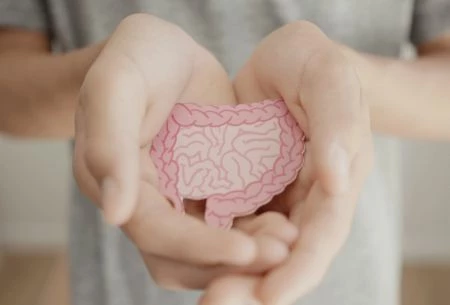Memory loss is a common condition that can have a significant impact on a person’s quality of life. It refers to the inability to recall information, events, or experiences that have occurred in the past. While some degree of memory loss is a natural part of the aging process, it can also be caused by a variety of other factors, such as head injuries, disease, medication, and stress.

Memory loss can be categorized into two types: short-term and long-term memory loss. Short-term memory loss refers to the inability to retain information for a brief period of time, while long-term memory loss involves the loss of memories that have been stored over a longer period.
Fortunately, there are several treatment options available to manage memory loss. These may include lifestyle changes such as regular exercise, a healthy diet, and stress management techniques. Additionally, cognitive training and memory aids can help improve memory function. With proper care and attention, it is possible to improve memory function and maintain a healthy brain.

The gut is often considered the “second brain” because of gut health’s importance to your overall health and your brain. Assessments are done to determine whether there are any food intolerances—especially to gluten—and to identify gut conditions such as leaky gut syndrome, inflammatory bowels, SIBO, and other digestive issues.
Sensory receptors such as those related to touch and vision allow you to interact with your environment. If sensory impairment is present, then your movement could be affected—making routine tasks difficult, dangerous, or even impossible.
Your cognition is a combination of processes in your brain that impact almost every aspect of your life. Cognitive testing looks for potential problems in thinking, memory, language, judgment, and the capacity to learn new things.
Chronic conditions such as vertigo, dizziness, and imbalance can negatively impact your quality of life. Balance tests can help identify the underlying cause of your vestibular issues and point your
doctor to the most effective treatment option.
Body surface temperature is a test that can be used in neurological examinations to help diagnose symptoms associated with neuropathy— such as tingling, numbness, and burning in the hands and feet. Early detection of temperature fluctuations, along with the proper treatment, may prevent permanent nerve damage.
This test is an observational assessment that measures the performance quality of tasks related to daily living such as attention and working memory, reasoning and problem solving, coordination, functional mobility, and more.
A blood oxygen level test evaluates how well your lungs work and assesses acid–base balance in your blood. If your pH level is too high or too low, it could possibly indicate a problem with your lungs or kidneys.